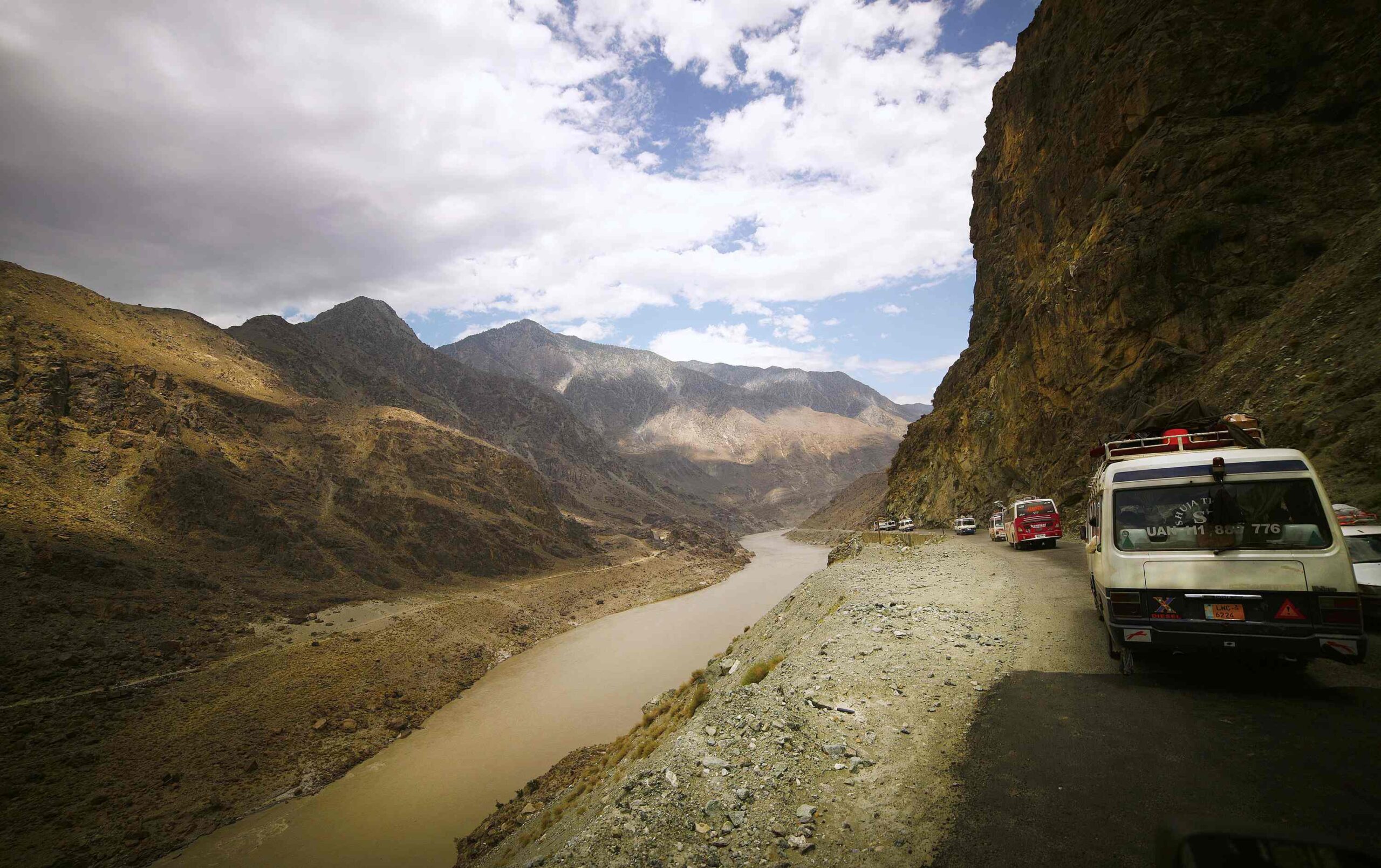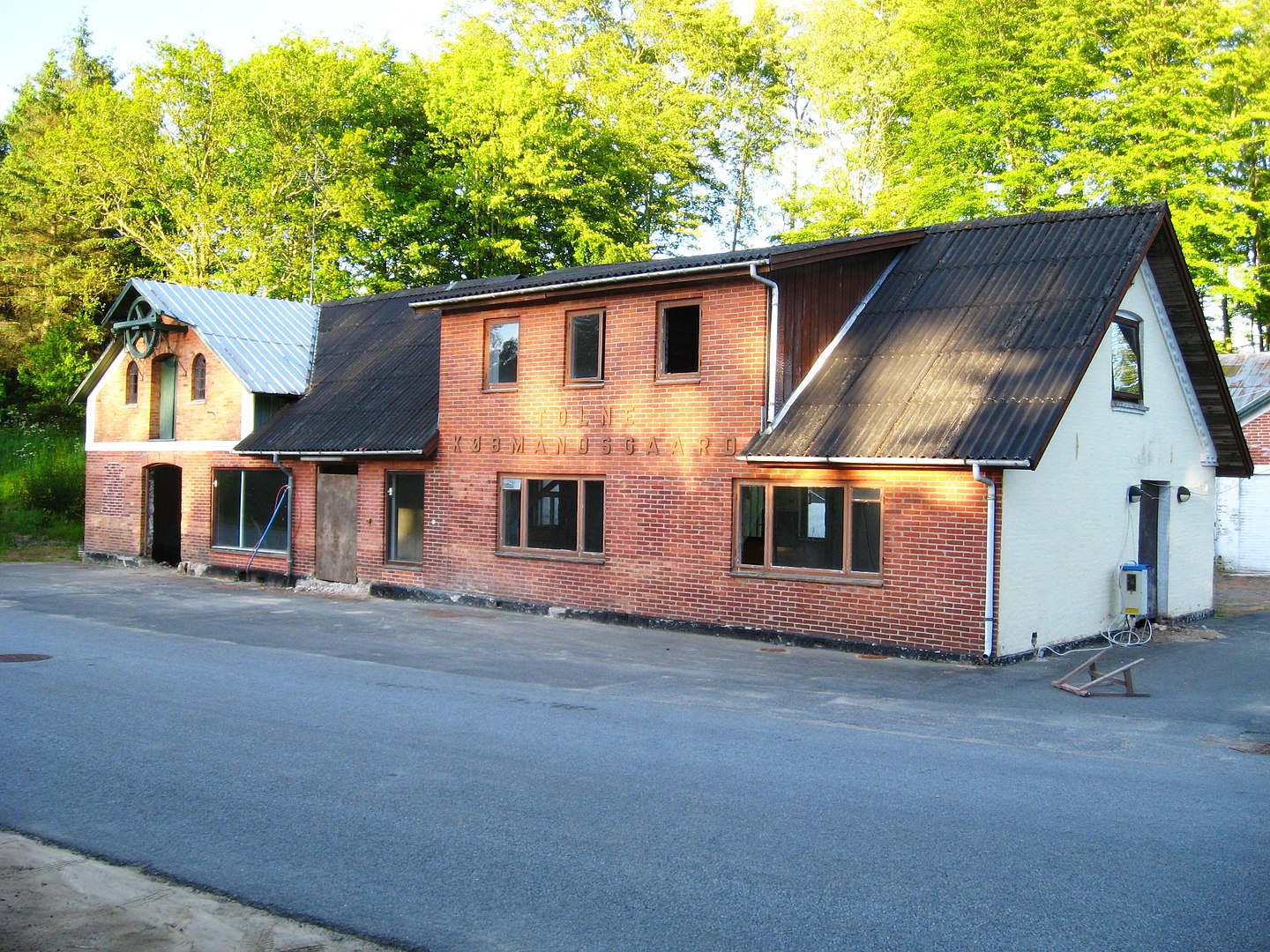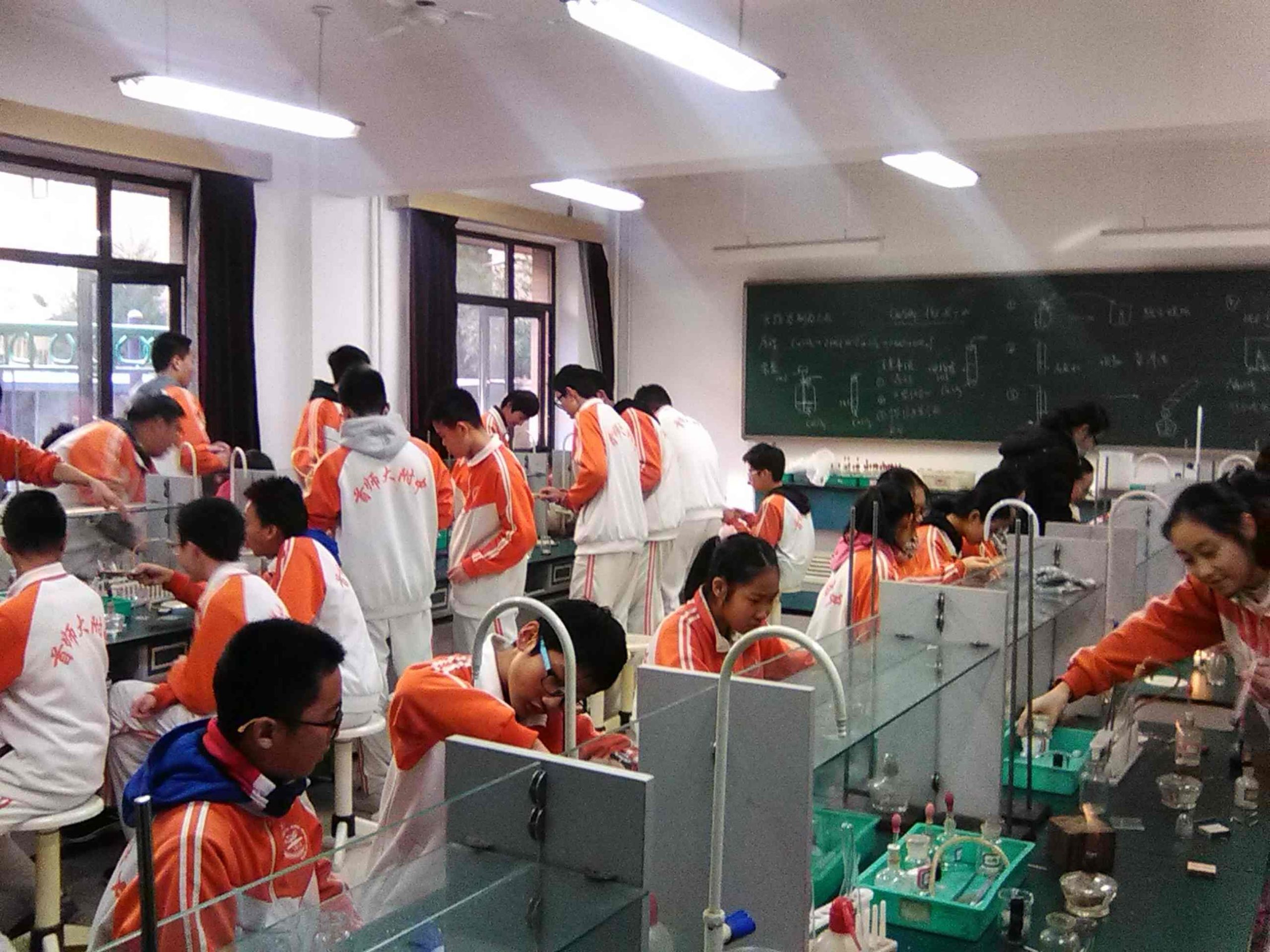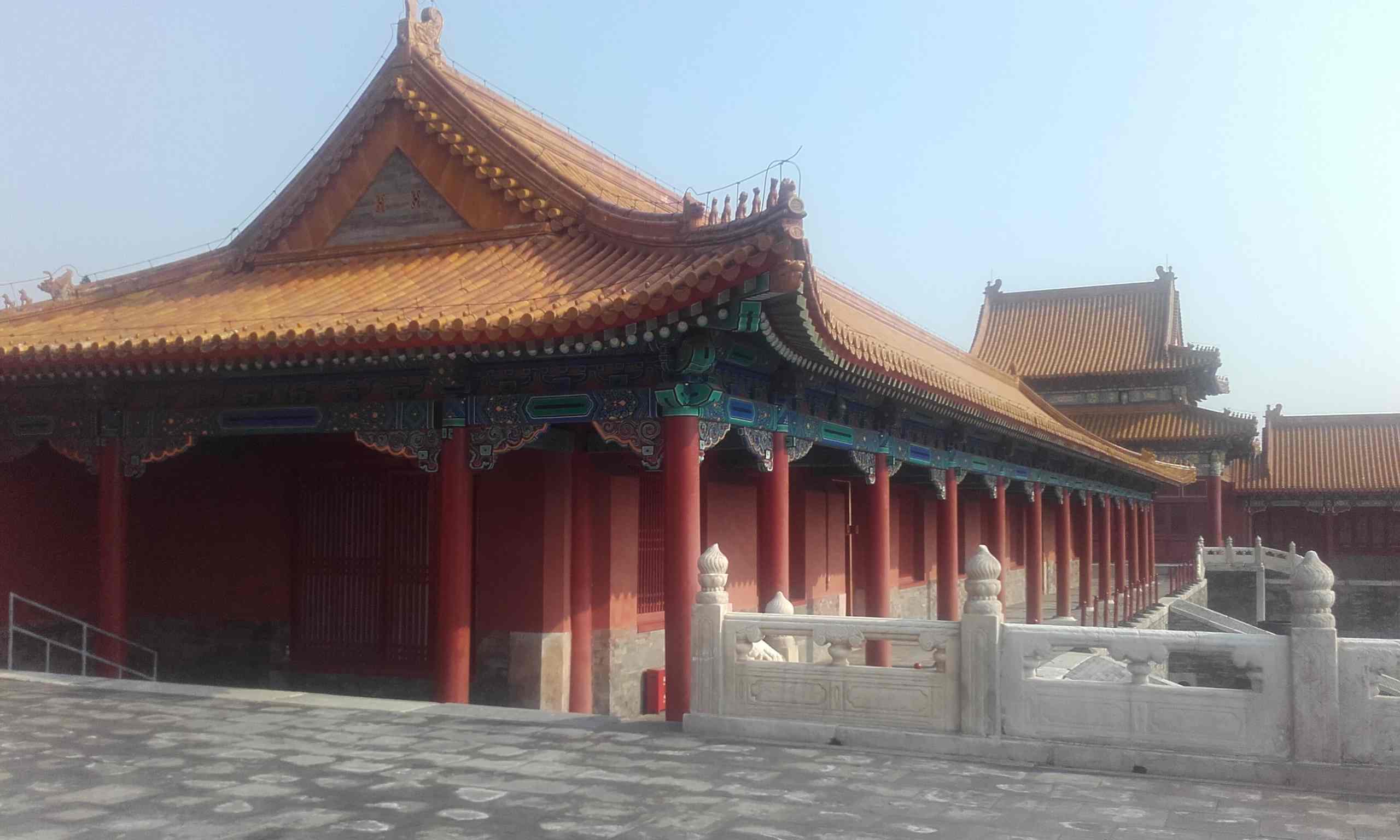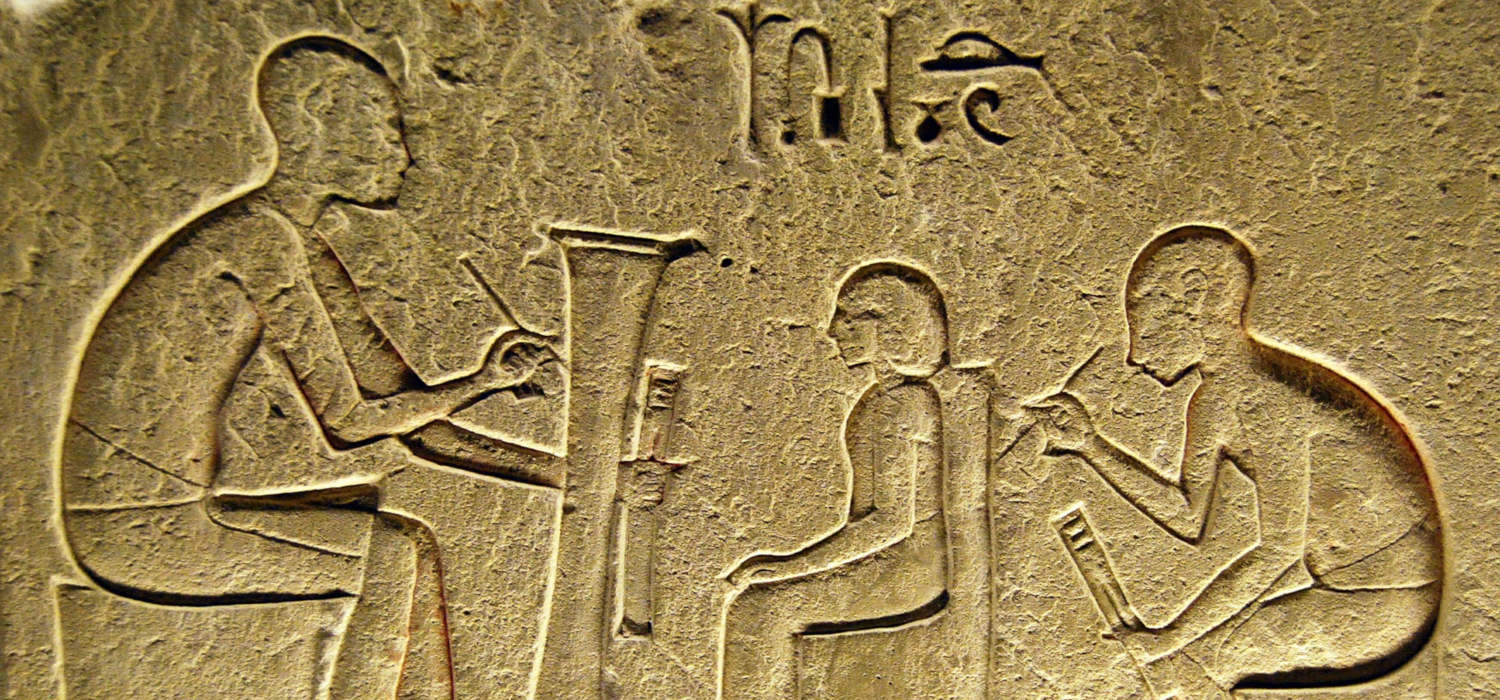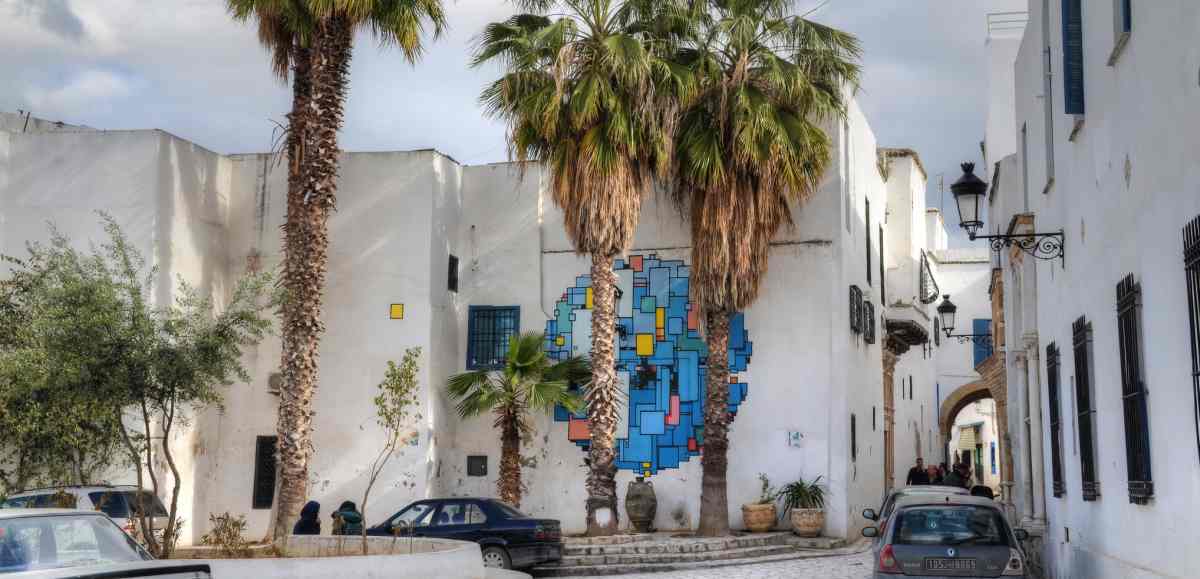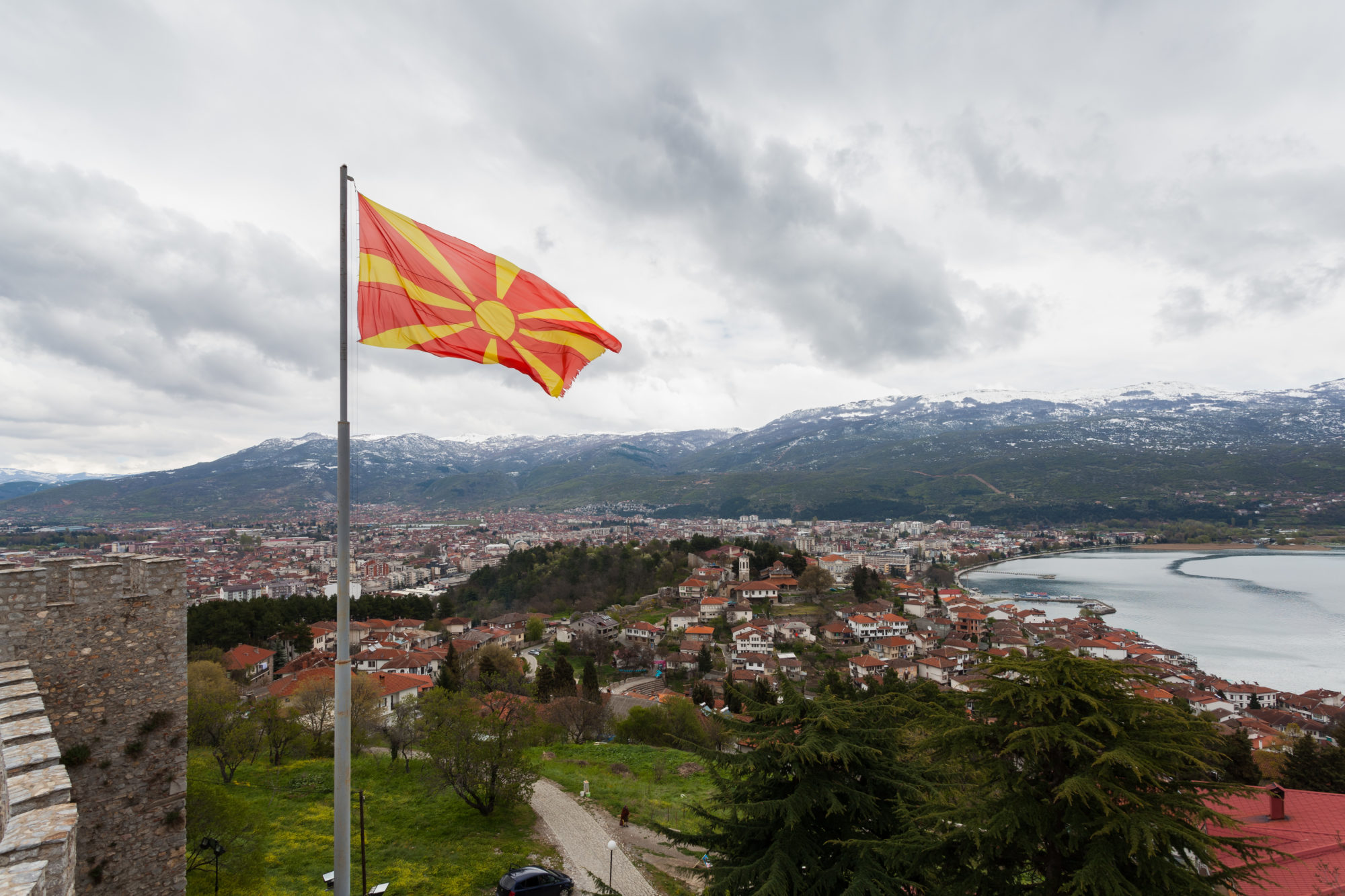The first contact between the people who inhabited the remote areas of Eurasia took place in prehistory. In later periods, various products found their way from East to West and vice versa. In addition to artifacts, materials, resources, animals and plants, the exchange of ideas, knowledge and experiences, human migration, but also the transmission of various pathogens were significant. The most famous route or the network of roads connected east and west of Eurasia was called the Silk Road. The name Silk Road (Seidenstraße) was coined by the German geographer Ferdinand von Richthofen in the second half of the 19th century. … Continue reading “The Silk Routes”
Landsbyen Åsted og stationsbyen Tolne ligger begge mindre end 20 kilometer fra Frederikshavn. Men for 100 år siden kunne denne afstand udgøre to verdener: Land med store sociale skel, præget af begrænsninger og for mange mennesker dårlige bolig- og levevilkår, familier med mange børn – ægte som uægte – under samme tag, ofte med forældre på aftægt. Og med hårdt fysiske arbejde fra en tidlig alder, på arbejdsgiverens vilkår. Byen som mange på landet hørte om og måske også oplevede som frihed og muligheder, også for unge fra små kår på landet. Min morfar kom fra et sådant småkårshjem: et lille husmandssted hvor faderen … Continue reading “Fra land til by”
The capital of China is Beijing which means Northern Capital (bei-jing) and has been in contrast to Southern Capital (nan-jing) or Nanjing. The first humans have lived here from 700 000 to 200 000 years ago and this human type is known as Peking man (Homo erectus pekinesis). On the site of Zhoukoudian near Beijing were found around 40 human remains and this location is founding point of human settlement in the Beijing region. During the time, Beijing has changed its importance up to the 15th century and the dynasty of Ming when becomes imperial capital. The Chinese education system
Beijing or northern capital has been one of the most exciting cities in the contemporary world and one of the world capitals today. It is a mix of traditional Chinese neighbourhoods and houses called hutong (胡同) and modern skyscrappers. Although the cultural heritage of Beijing consists of different architecture, historical remains and events –to mention Summer Palace, Tiantan or Temple of Heaven, Great Wall, Tiananmen Square, there is a place where everything started: Forbidden city.
‘Bar Ankh’ is the name by which our pharaohs ancestors knew the school and its meaning is the house of life… In the meaning lies the value and content that the school carries and the role it plays in the life of society, but the ancestors’ interests in the school reached the point of calling it ‘the house of life’, meaning that education end science is about life… Archaeological discoveries have proven the existence of schools in different areas throughout ancient Egypt, as there was a school around the (Ramesseum) temple and another in the city monastery in the Thebes Cemetery … Continue reading “Education in Ancient Egypt”
As a citizen of a native country Tunisia, which was once colonized by the French, I have thought deeply about the impact that French colonialism made on our present state and people. It is really a controversial issue; some Tunisians think that the French influence is positive; however others believe that it is negative. So I’m going to talk about the most important effects before and after independence in 1956, with more focus on the impact nowadays. To start with, it is obvious I didn’t witness colonization, but I live its impact on me and society. Tunisia was the first … Continue reading “The impact of French Colonialism on Tunisia”
’Teaching history in countries in transition (Macedonia)’ handler om historieundervisningens problemer i et omskifteligt område
In the First World War (1914–1918), 32 nations participated. At the time, Serbia was not a member of any alliance. Just a year earlier, the young, small and poor Kingdom of Serbia had emerged from the Balkan Wars. Physically worn and militarily exhausted, she neither wanted nor was ready for another war. All hospitals in Serbia lacked doctors and other medical personnel, medicine, medical equipment, and everything that was needed for the wounded and sick. There is no example in history of such a large army going to war with such a small number of doctors. There were only 470 … Continue reading “The city of Valjevo as hospital”

